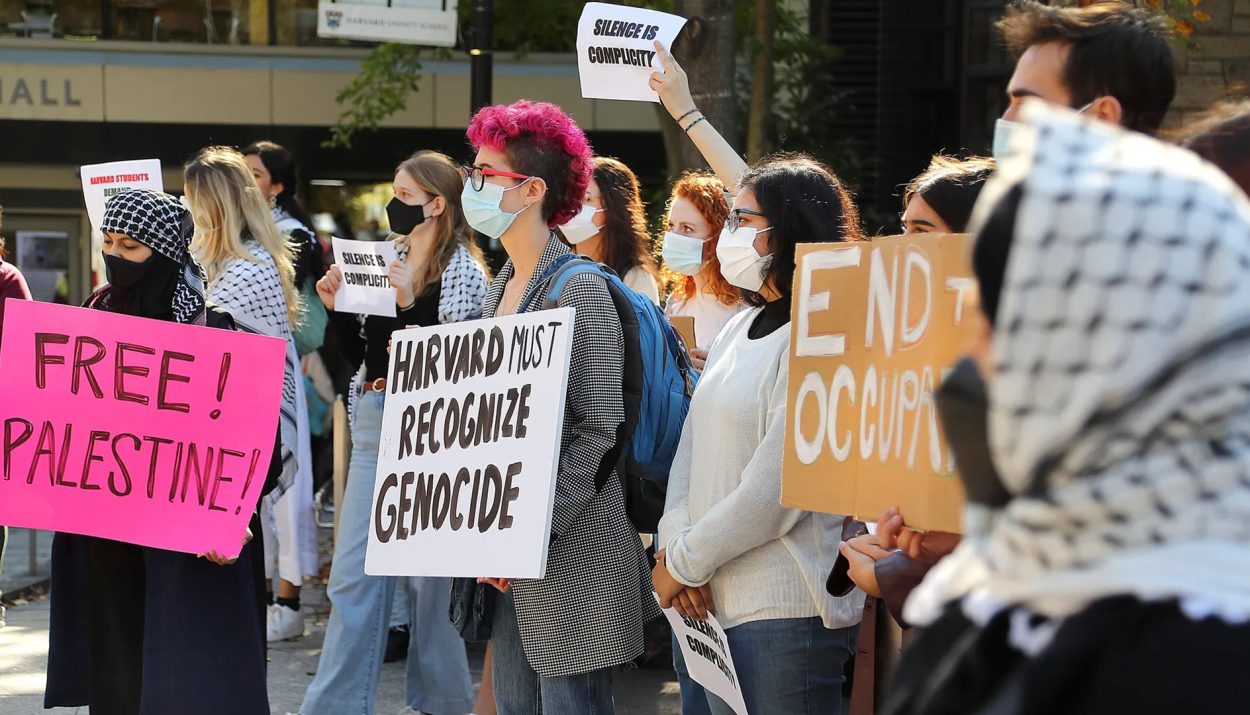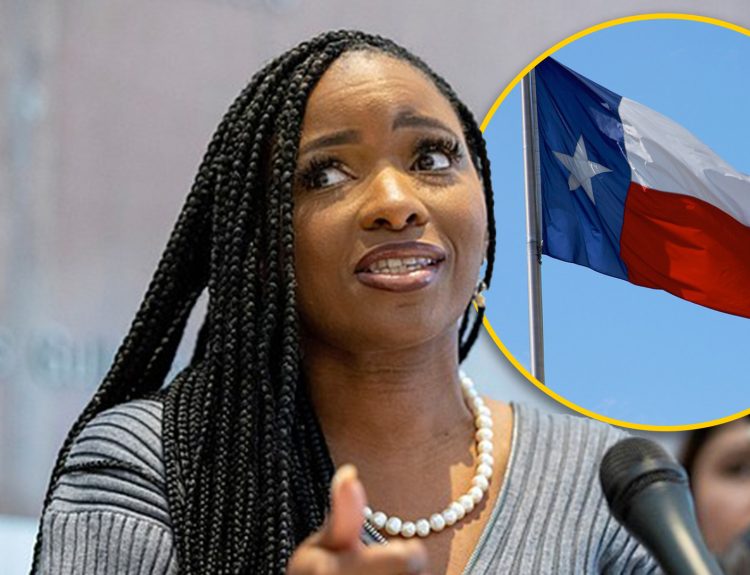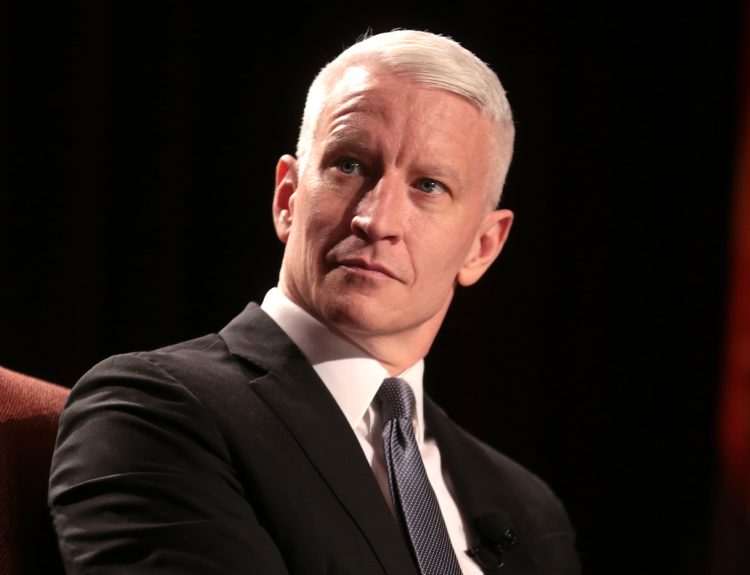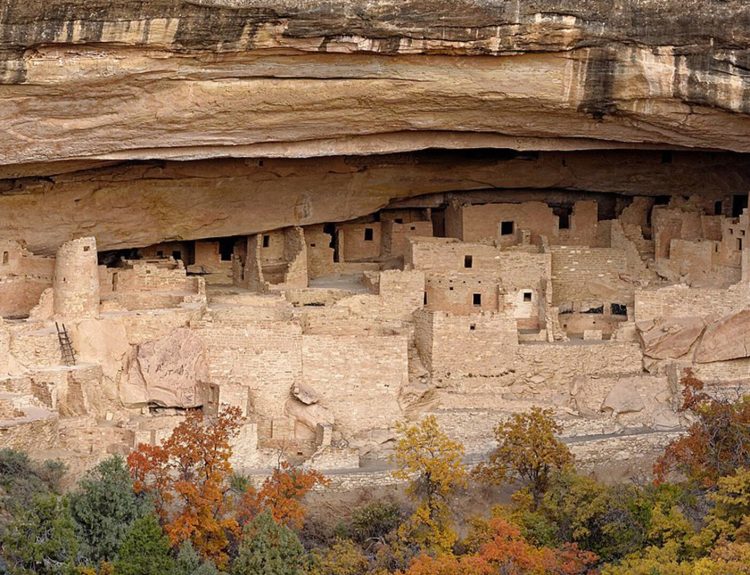Part of the college experience involves encouraging young adults to stand up for what they believe in, using their voices to advocate for causes that are important to them, and expanding their understanding of the world. College presidents have long wanted students to become changemakers.
However, in our increasingly divided world, often advocating in support of a cause means one is protesting against its flip side. That is what has been happening since Hamas attacked Israel in October. This event has triggered a wave of antisemitism that has hit college campuses across the country. It seems that – finally – college presidents are saying “Enough!”
Protests on Campuses
What is currently going on in Israel is a hot-button issue. Both Hamas and the Israelis have done things in the past that are points of anger for Americans, particularly college-age young adults. Protests against both Hamas and Israel have been held around the U.S.
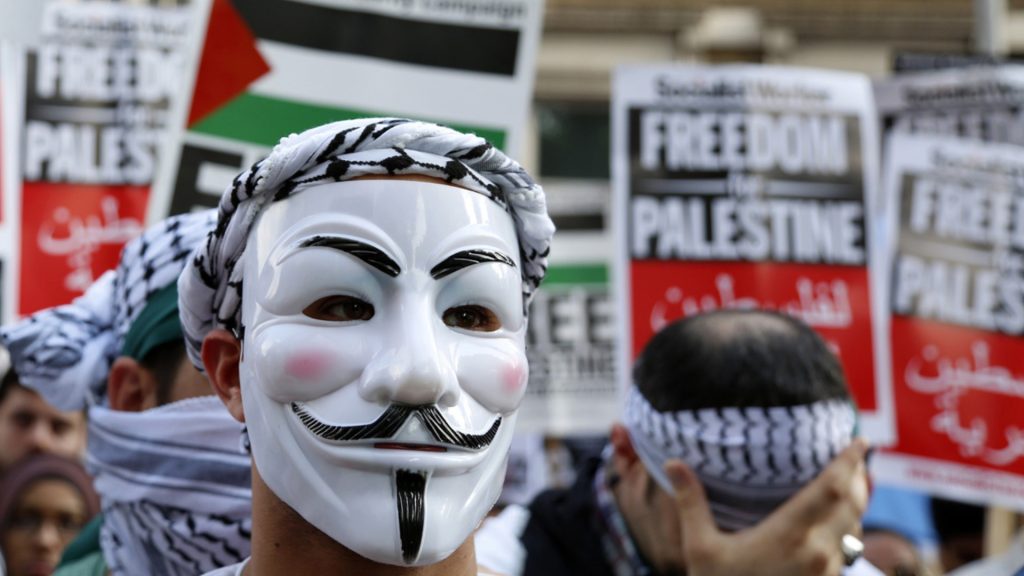
A tragic side effect of this has been a rise in antisemitism on college campuses. Jewish students have reported being harassed, receiving threatening messages, and feeling that they are not being protected by their universities. Many Jewish students have withdrawn from school, moved off campus, or switched to online learning out of fears for their safety.
College Presidents Have Tolerated the Antisemitic Behavior
As antisemitism increased, many of the leaders of the U.S.’s most prestigious colleges and universities seemed to turn a blind eye to anti-Jewish activities on their campuses. In late 2023, the presidents of MIT, Harvard, and the University of Pennsylvania, for example, all appeared before Congress to defend their responses to antisemitism on campus.
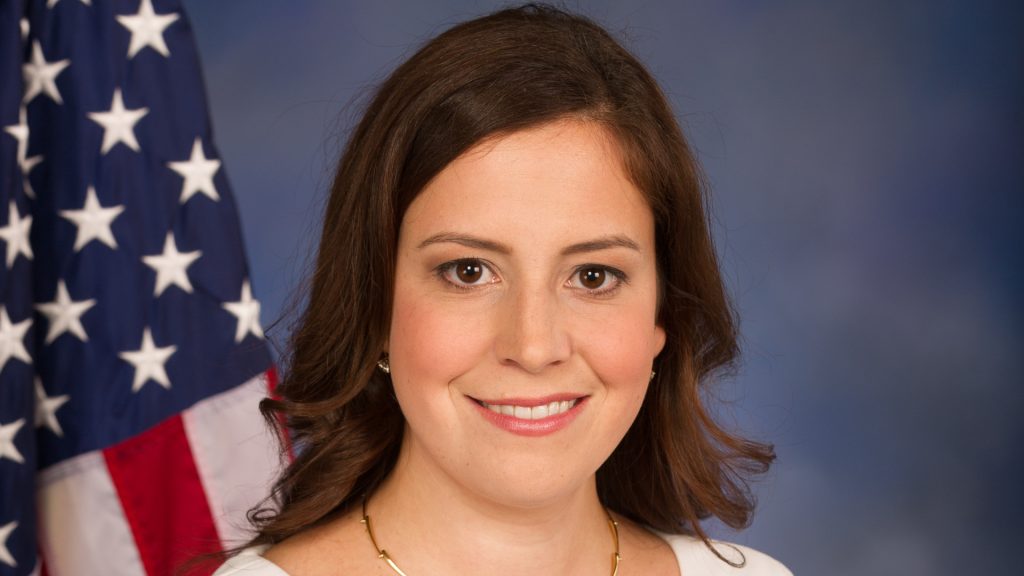
Elise Stefanik, a Republican representative from New York, drilled the three presidents about their lack of accountability regarding antisemitic activity. Stefanik repeatedly asked the college heads if “calling for the genocide of Jews” was a violation of their schools’ codes of conduct.
Forced to Resign
Two of the university presidents – Claudine Gay of Harvard and Liz Magill of Penn – were both reluctant to condemn those who rallied for the genocide of Jews. Instead, they both stated that it would “depend on the context.”
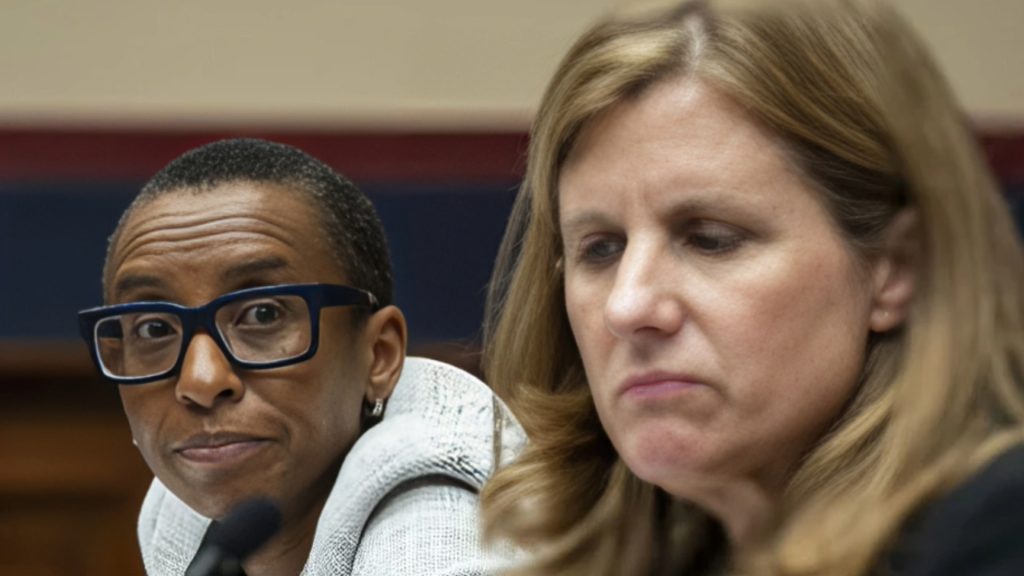
The implication was that both Gay and Magill would, under the right “context,” support the genocide of Jews. Their responses to Stefanik’s questioning triggered outrage from students, alums, and the Jewish communities across the U.S. Gay and Magill were both forced to resign from their positions.
Are American Colleges Supporting Pro-Palestinian Activities?
Since October when the war in Israel broke out, college campuses around the United States have witnessed – and tolerated – and increase in pro-Palestinian rallies. Protesters have held contentious protests in college libraries, courtyards, and classroom buildings.
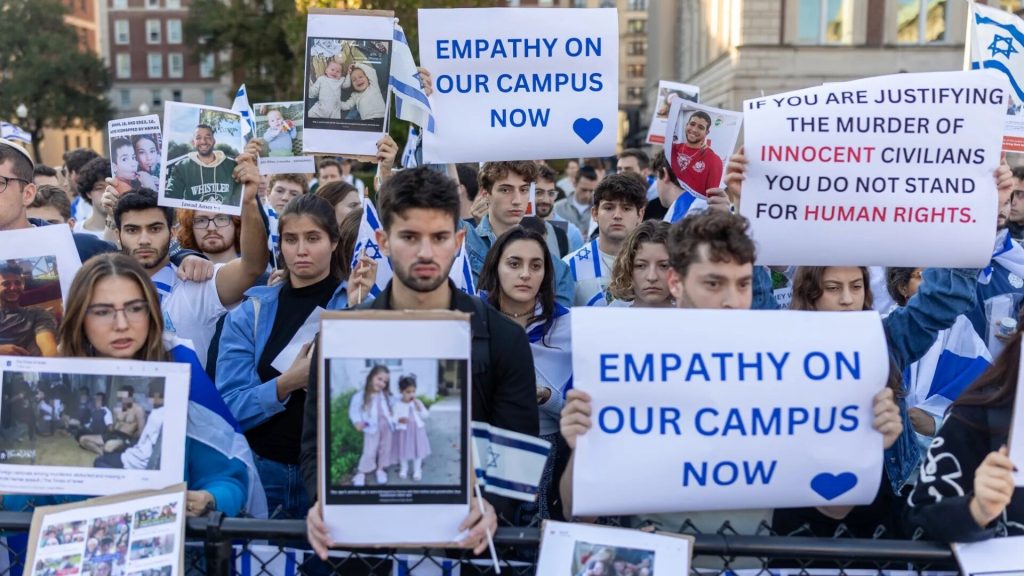
Protestors have chanted anti-Jewish slogans and left threatening graffiti messages around some college campuses. According to many Jewish students, the atmosphere around campus feels like “open season on Jews.”
Protect Our Jewish Students
As cases of antisemitism spiked, students, parents, and leaders of the Jewish community have pleaded with college leaders to take steps to protect Jewish students. Students and parents have filed lawsuits against universities. Police have been contacted. Campus security has been alerted.
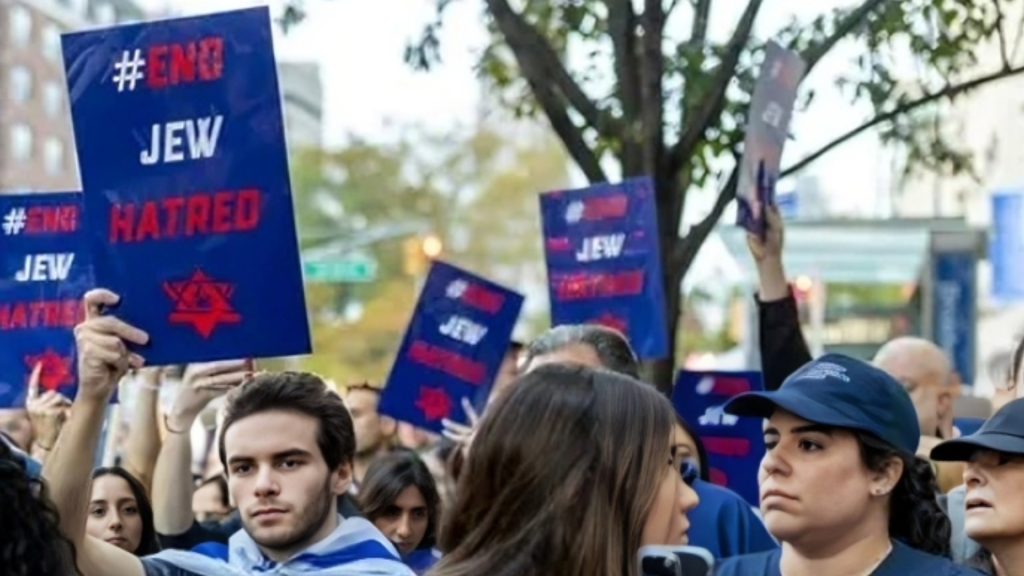
In response, schools have done nothing – or at least, the bare minimum – to address the issue of antisemitism on their campuses. The message being sent to Jewish students is that their schools are against them just as much as the pro-Palestinian protesters are.
“A Moment of Reckoning”
Michal Cotler-Wunsh, a special envoy for combating antisemitism for Israel, stated, “This is a moment of reckoning… for universities, for social media spaces, for elected officials. It’s a moment of reckoning for what we have enabled for far too long in that moral ambiguity, if you will.”

She continued, “This is a time for moral clarity and courage in calling out the moral ambiguity.” It has taken efforts on her part, as well as the ousting of Harvard and Penn’s presidents, to force university leaders to draw clear lines in sand regarding protests that target a segment of the student population.
College Presidents Are Finally Putting Their Collective Foot Down
In recent weeks, the tide has begun to turn as college presidents are finally putting their collective foot down. At least three colleges have expelled, suspended, or issued warnings for students who have participated in disruptive antisemitic protests in just the last few days.
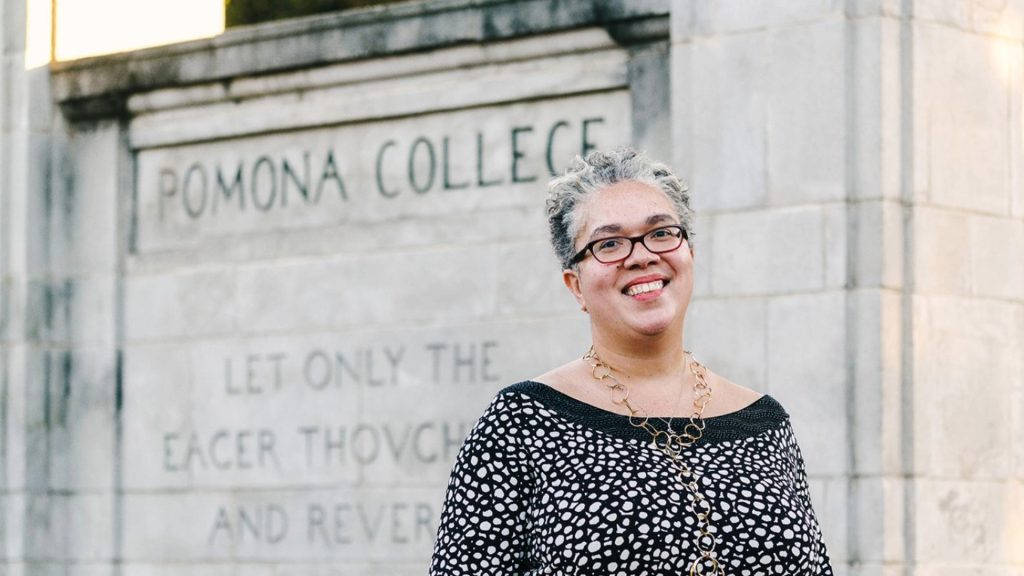
For example, on Friday, Gabrielle Starr, the president of Pomona College, released a statement saying, “Any participants in today’s events… who turn out to be Pomona students, are subject to immediate suspension. Students from the other Claremont Colleges will be banned from Pomona’s campus and subject to discipline on their own campuses.”
Students Stormed the Administrative Building
Starr was responding to an incident on her college’s campus on Friday in which about 150 students began protesting outside her office. They were protesting the school’s decision to remove a pro-Palestinian “mock apartheid wall” from campus.
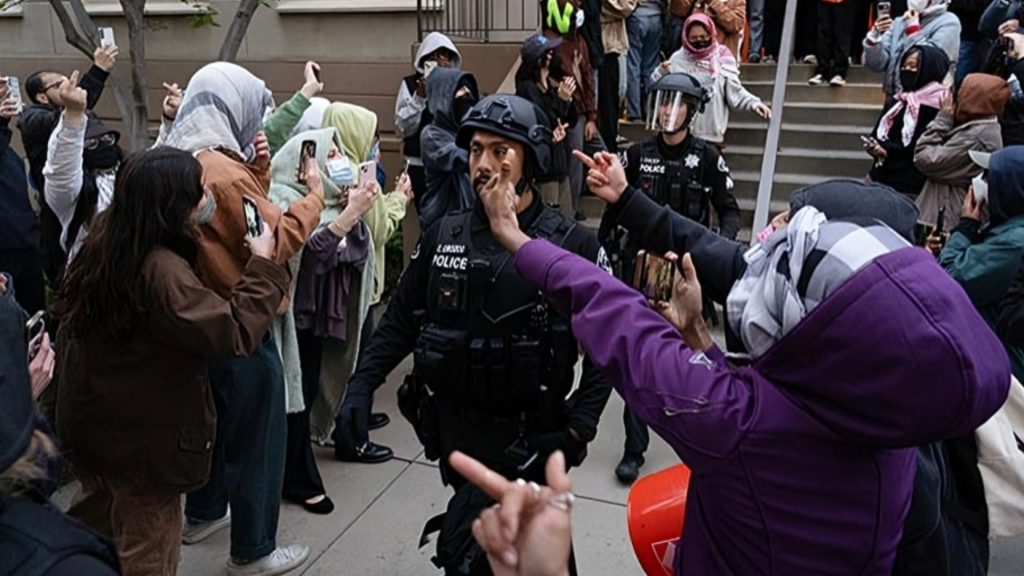
As the protest heated up, the students stormed the administration building. They refused to leave, behaved aggressively, used racial slurs, and forced administrators to call the police. About 20 students were arrested. To prevent this from happening again, Starr announced that the students who participated in the protest would be suspended.
Michigan Is Also Taking a Stand
Pomona College isn’t the only school that is taking a stand against violent and disruptive protesters. Just last week, the University of Michigan announced its new “disruptive activity policy.” Under this policy, clearly outlined penalties have been put in place for students who engage in activities that disrupt university events.
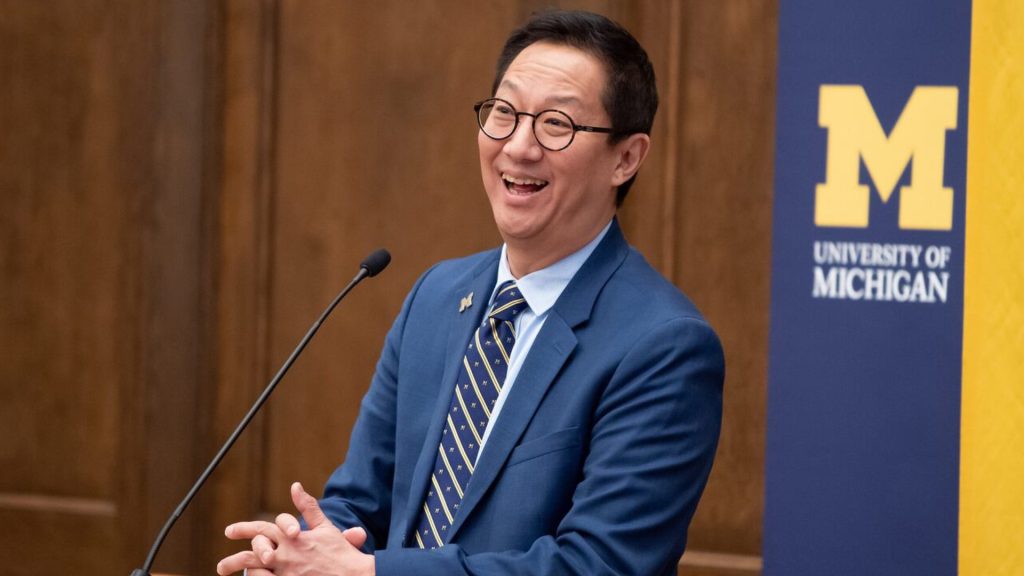
According to Santa J. Ono, the president of the University of Michigan, “No one is entitled to disrupt the lawful activities or speech of others. Because the university is a public institution, not only are we prohibited from interfering with lawful speech; we are required to intervene when we become aware that others are interfering with or disrupting lawful speech on our campus.”
Vanderbilt University Recently Expelled Three Students
Three students at Vanderbilt University were expelled last week and an additional 20 were placed on probation after they engaged in a sit-in protest on campus that progressed to violence. Students pushed their way past security. Police were called and some of the students were arrested. The incident is being investigated.
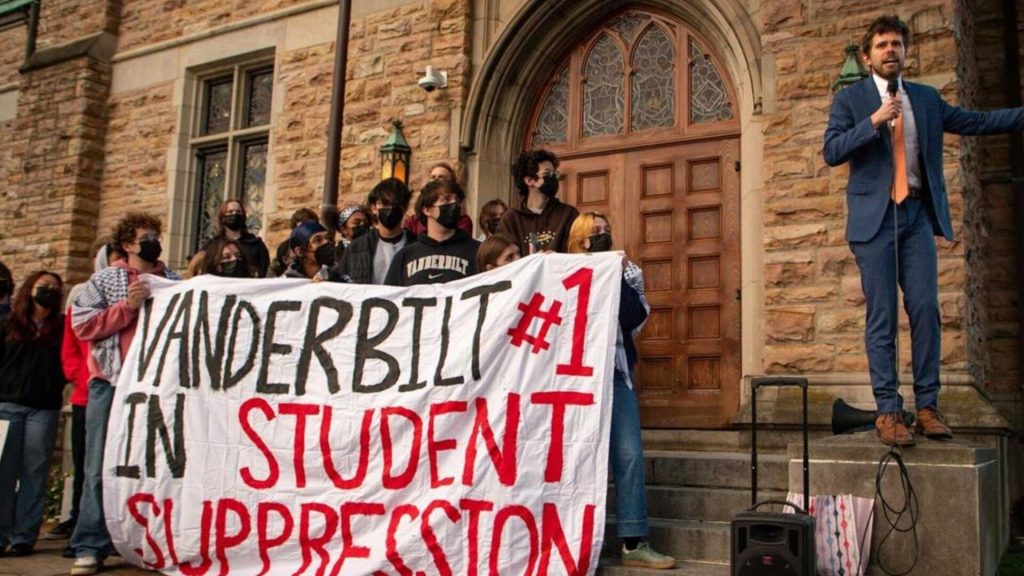
C. Cybele Raver, the provosts and vice chancellor for academic affairs for Vanderbilt said, “After a thorough review of the incident, including examination of evidence and interviews with students, the Student Accountability Community Standards and Academic Integrity staff issued a range of findings and sanctions. The sanctions included disciplinary probation as well as suspension and expulsion.”
A Representative from a Terrorist Group Visited Columbia University
President Minouche Shafik of Columbia University announced the suspension of several students last week who had taken part in a pro-Palestinian event called “Resistance 101” that that was held on campus last month.

One of the featured speakers in this event was a member of the designated terrorist organization, Popular Front for the Liberation of Palestine. This U.S.-based group’s agenda is the destruction of Israel.
Columbia University’s President Took a Stand Against Antisemitism
President Shafik said in a letter addressed to the Columbia University student body, “On March 24, an event took place at a campus residential facility that the University had already barred, twice, from occurring.”

“It featured speakers who are known to support terrorism and promote violence. I want to state for the record that this event is an abhorrent breach of our values,” she continued.
“A Strong Foundation of Respect”
Shafik added, “I also want to update our community on the actions which have been underway as a result. I also want to remind our community that all of our rules and policies matter. We are in the process of identifying participants and they will face discipline under our policies.”
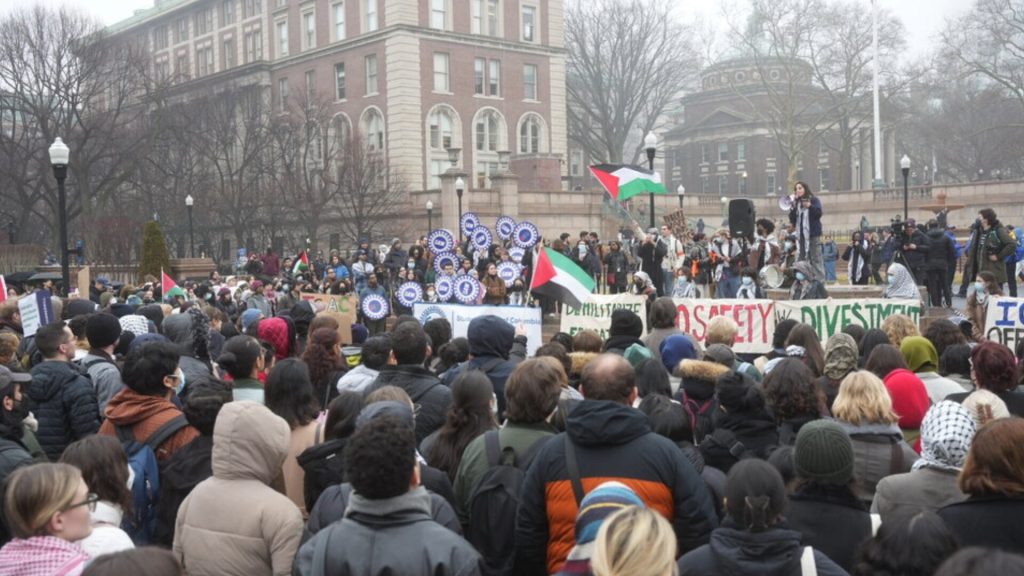
“This university will only thrive if we can build a strong foundation of respect – both for each other and for our rules,” the letter concluded.
Chaos, Riots, and Protests Are Still Happening
Even though college presidents are trying to rein in campus protests by taking a tougher stance on disruptive activities that target Jewish students, chaos, riots, and protests are still happening at the nation’s universities.
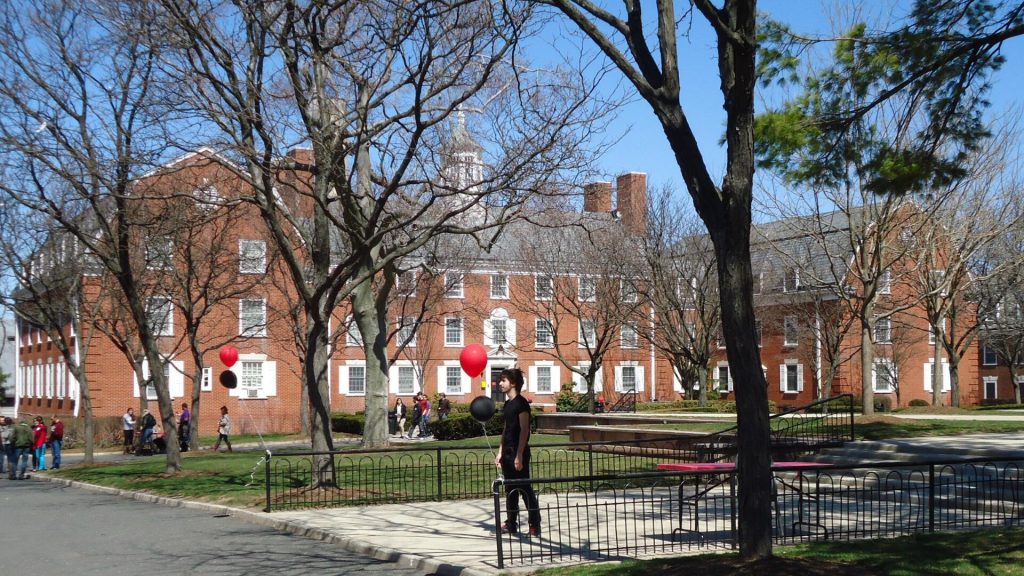
Late last week, a town hall meeting at Rutgers University was hosted by the university’s Student Assembly to discuss two concerns – the group’s desire to see Rutgers cut ties with Tel Aviv University and to dissolve any connection to Israel. The event turned violent, and police had to escort Jewish students and university officials from the event for their own safety.
Clamping Down on Protests
In the early days of the war in Israel, college presidents either tolerated or openly endorsed pro-Palestinian protests on their campuses. Now, however, they are clamping down. Barnard College had put a ban on public protests. The University of Massachusetts Amherst announced that students who participate in protests will be prohibited from joining study abroad groups.
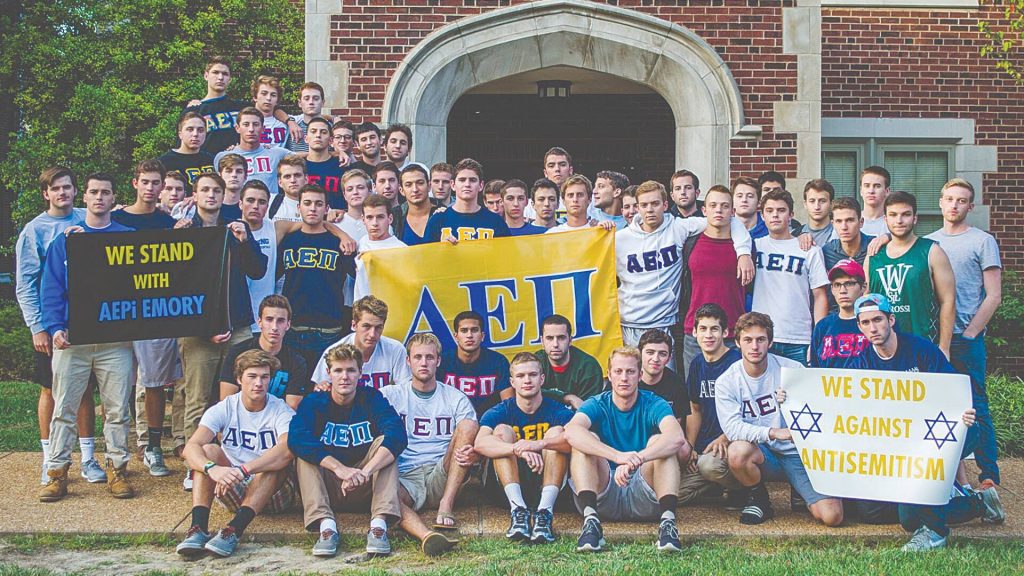
American University had halted all indoor demonstrations and protests. It seems that university leaders are finally realizing that issues such as the war in Israel have two sides and both deserve to be respected. Inclusion on college campuses also means creating a space that is safe for Jewish students.

